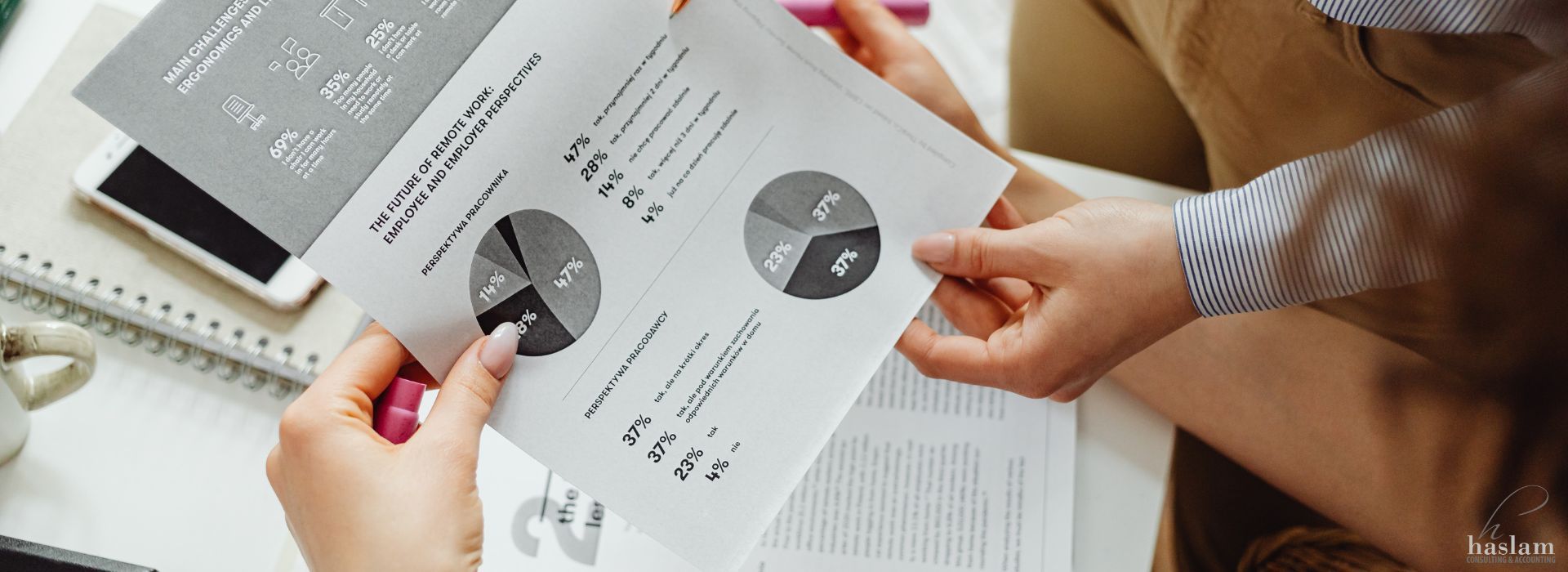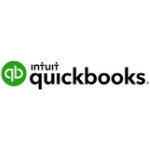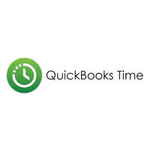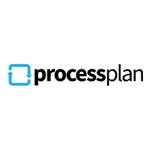Getting your small business tax in order
It’s never too early to start planning for a smoother EOFY tax process. We’ve got some tips for sorting out your tax and making EOFY less of a headache next year.
With the 2023/24 financial year now wound up, it’s time to think about submitting your tax return and making sure you have the cash reserves put aside to pay the company’s tax bill.
This short guide to getting your small business tax in order gives you the lowdown on which end-of-financial-year (EOFY) taxes you’re liable for and what returns must be submitted.
We’ve also got some guidance on making EOFY less of a pain next time around.
What EOFY taxes must my business pay?
The taxes you pay and the returns you must submit will be defined by the type of trading business you are. To give you a broad idea, these are the main categories you’re likely to fall into as a small or medium-sized business:
- Sole traders – if you’re set up as sole trader, you’ll need to lodge one individual tax return that covers both your business income and your personal income. Once submitted, the Australian Taxation Office (ATO) will work out how much tax you’re liable to pay and when it’s due.
- Companies – if you’ve been incorporated as a company, you must lodge a company tax return and pay tax on the company’s income. If you’re a director in the company, you’ll still need to lodge your own individual tax return as well.
- Partnerships – if you’re a partner in a partnership, the business will have its own tax file number (TFN) but won’t pay income tax on the profit it earns. Each partner must report their share of the partnership income in their own tax return. Your partnership must also lodge a separate partnership return under its own TFN.
- Trusts – a trust has its own TFN and must lodge a trust income tax return.
Gathering all the necessary information and documents for your tax return can be a pain. But with a little pre-planning and investment in the latest accounting and bookkeeping technology, you can make the whole process much less of a headache.
Here are five sensible ways to make your EOFY tax easier:
- Keep good records and invest in an automated bookkeeping platform, like Dext.
2. Use a document management system to easily locate every invoice and receipt.
3.Use cloud accounting and the built-in tax templates in platforms like Xero and MYOB.
4. Plan for your annual tax costs and put cash away so you can cover your tax expenses. Work closely with your accountant to create the most efficient accounting procedures.
Talk to us about improving your tax processes
If your EOFY tax was a mess this time around, it’s never too early to start planning for next year and getting your records, documents and accounts in order.
We can work with you to set up the most effective accounting systems, with clear processes, great record-keeping and easy access to all your documents.















